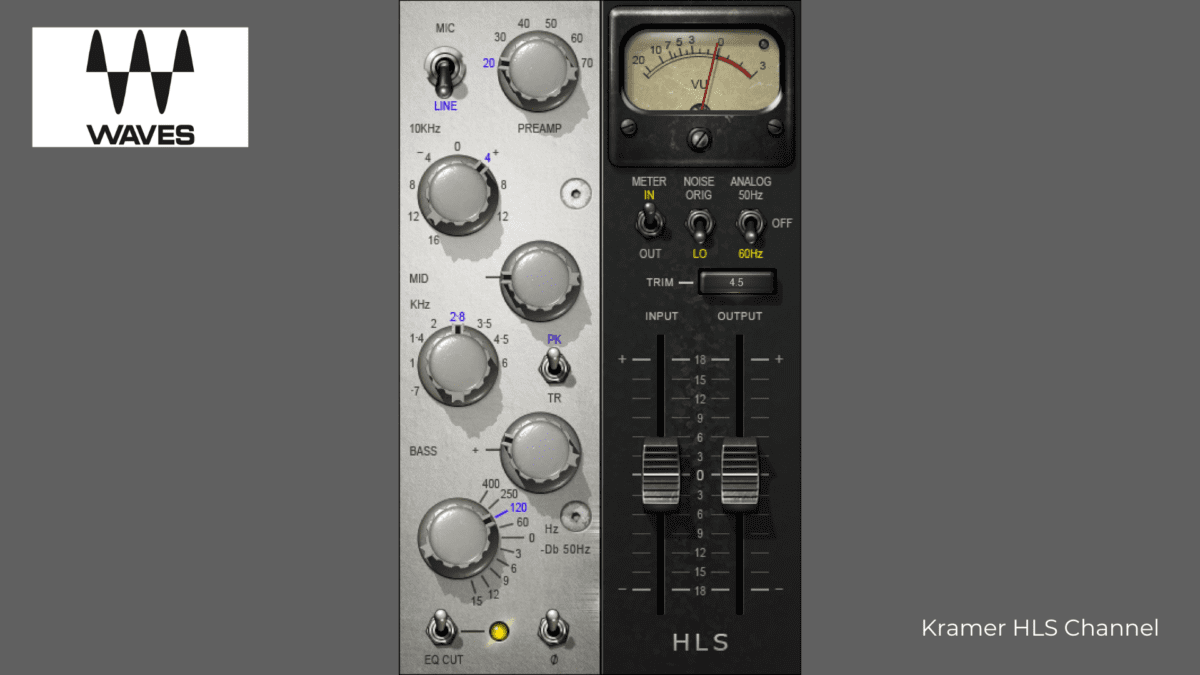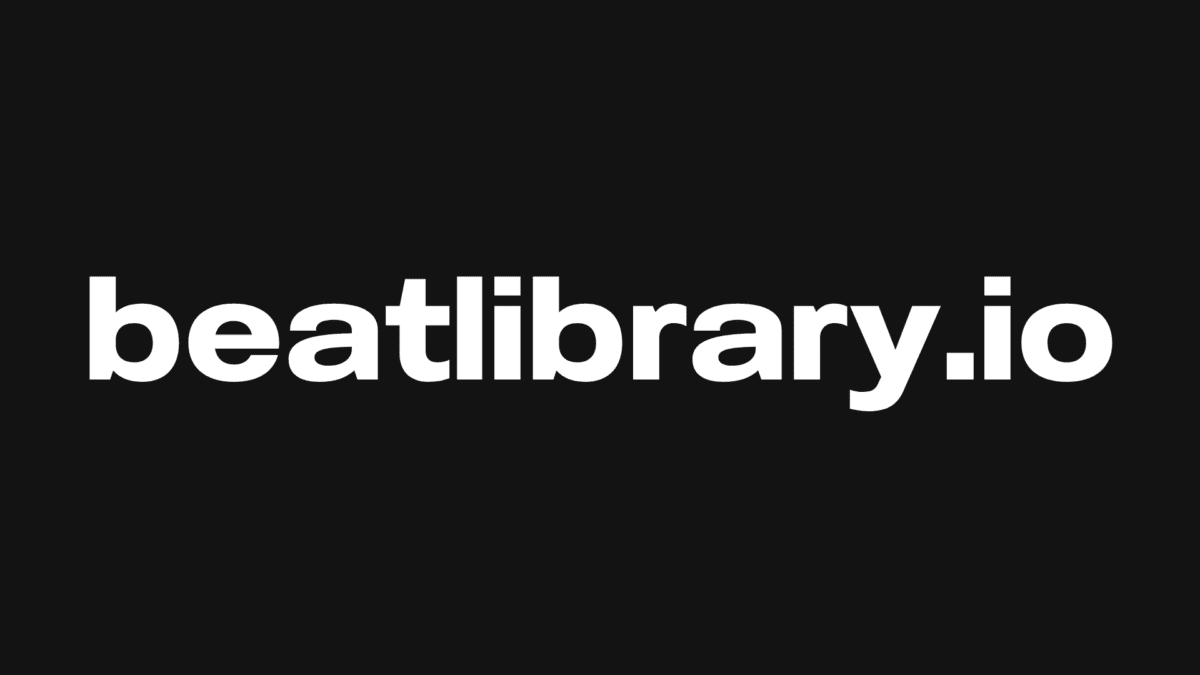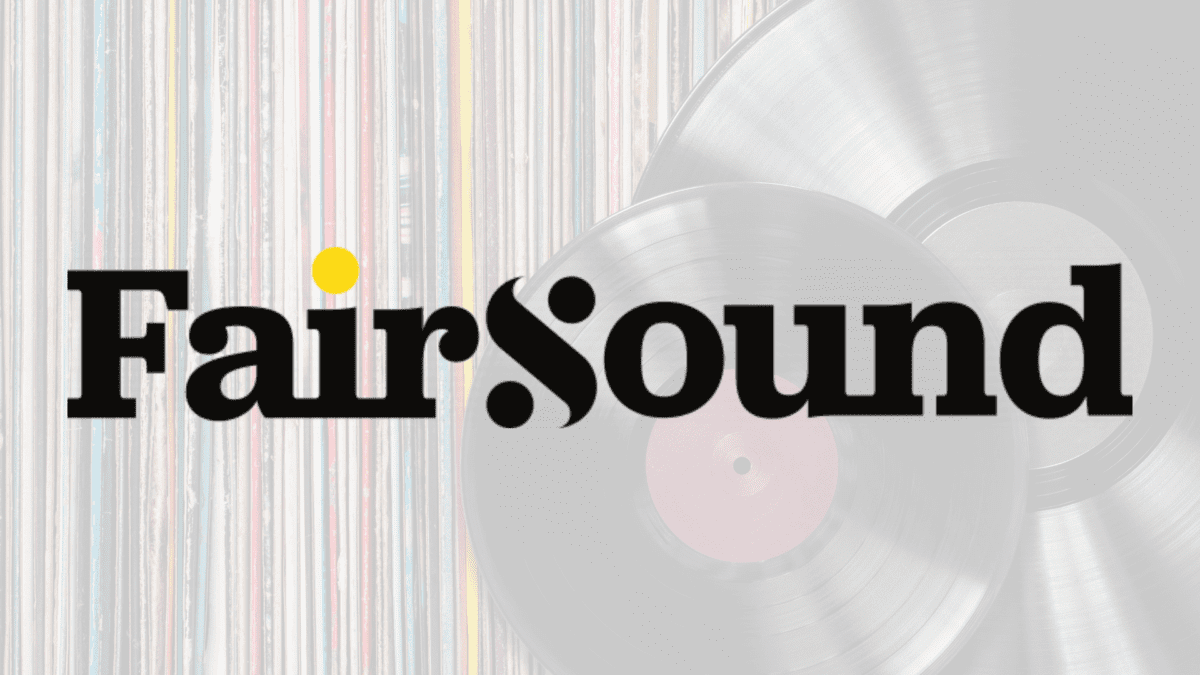
As an artist, you want as many fans as possible to listen to your music, so what is the best way to do this? What exactly is the difference between an LP vs EP and an EP vs album?
I am guessing since you are reading this you’ve been asking the question, in music what does EP stand for? You may be an emerging artist and want to build on what fanbase you already have so you want to make sure that they stick around. So what are the benefits of releasing an LP vs EP vs album and how many songs does an EP have?
With the industry becoming more of a digital landscape and in terms of consumption habits in relation to music, people do have a shortened attention span and can listen to more music in a short space of time than ever before. So what is best to release to your listeners to ensure they keep coming back for more?
Are you releasing new music?
Book a meeting with a Music Gateway A&R today.
Discuss release strategies, distribution, growing your fanbase, organic playlisting, press, radio and more.
LP vs EP: What’s The Difference Between An Album And An EP?
First of all, a single is a bit of a red herring – as it doesn’t necessarily mean just one track – in fact, it rarely is. A single in the physical production of vinyl, for example, always had an A-side and a B-side – for both sides of the record. This was sometimes extended to three – with an AA or double A track on the same side as the B-side. In today’s modern digital terms, a single can often be just that – a single song – but can also include up to 3 tracks, as long as they fall into the correct length constraints.
The qualifying factor for an EP is whether it contains more tracks than a single but fewer than an album/LP. An EP means extended play and an LP means long play – an LP is essentially an album. The main difference between an EP vs LP is the number of songs that will be on the tracklist and the length of the running time of the project in total. So now you are asking, well can an EP have 7 songs? How many songs does an album or LP have? Follow these guidelines below and you’ll be on the right track.
Singles
- 1-3 tracks
- Each track is less than 10 minutes long, and less than thirty minutes in total
EP
An EP is considered either:
- 1-3 songs with one song of at least 10 minutes in length and a total running time of 30 minutes or less.
Or
- 4-6 songs with a total running time of 30 minutes or less.
Album/ LP
- 7 or more tracks
- More than 30 minutes in length
- Considered one product
Remember Taylor Swift’s 10-minute single called ‘All Too Well’? This even accumulated in a music video too, which nearly broke the internet so many people watched it. So it is always good to think about how to tap into your audience and keep them interested in different ways.
So is it better to release singles or albums? Well, Taylor has certainly proved that singles – albeit long ones – can have a massive effect on her audience and they love it. And it wasn’t just Taylor doing this.
For example, Camila Cabello, Cardi B, Janelle Monae, and Jason Derulo are all releasing singles before their albums are set to release, which is a very smart way of doing things as it keeps your fanbase interested and when the album drops, you don’t even need to ask whether it will be popular. Their fans will be drip-fed music, so the album will be a success – what a genius idea.
Adele has proved this works too, as when she released her comeback single ‘Easy On Me’ ahead of her studio album ‘30’ last year people went a little wild for it. So this meant that of course, her studio album a few weeks later was a big hit too. Her fans couldn’t get enough.
LP vs EP
There are many different reasons why people will release an extended play vs album or LP vs EP and I do think that it has something to do with whether you are an emerging artist or more of a seasoned one.
It also has a lot to do with your budget, your target audience, and what exactly you want to do by releasing your music.
So for example, can you afford to produce a full album of up to 29 tracks, which will cost you money in terms of studio time, production costs, instrument hire, and session musicians or would you rather just release half the amount of songs at half the cost? Releasing an EP in music means generally you will spend less money than releasing an album.
If you are an emerging artist, you need to think about how you want to reach your fans, since if you have a steady amount of people following you, you want to keep them listening to your music. So maybe releasing shorter EPs consistently to your fans will be easier to produce and keep your fanbase happy.
Eps may attract new listeners as well, as they can listen in a short space of time, and then they will in turn listen to your other music. It’s a win-win situation.
However, if you have been in the industry for a while and you have a large fanbase, you can make a full album, which takes longer, as fans will be prepared to wait. And you know they will lap it up! In short, it really depends on what you want to get out of the music release.
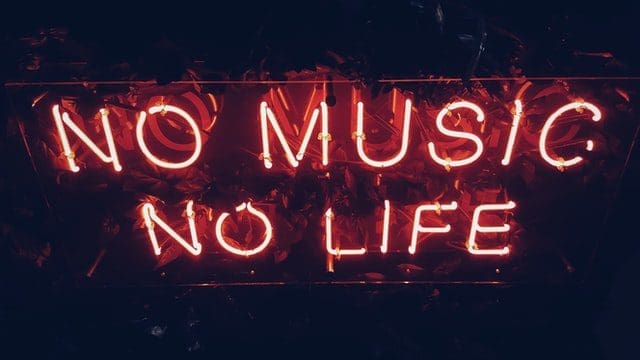
EP vs Album: Which is Better to Release and Why?
Understanding the Difference
Before delving into which is better to release and why, it’s essential to understand the difference between an EP (Extended Play) and an album. An EP is a collection of songs by an artist that is too short to qualify as a full studio album but is longer than a single. It usually contains three to five songs, while an album typically has ten to twelve songs or more.
LP vs EP Which is Better to Release and Why?
The decision to release an EP or an album largely depends on the artist’s objectives, resources, and audience.
1. EP: Emerging artists often favor EPs for several reasons. Firstly, they are cheaper and quicker to produce, which is crucial for artists with limited resources. Secondly, they allow artists to showcase their work and gain feedback without the commitment of a full album. EPs are also an excellent way for artists to maintain relevance and keep their audience engaged with frequent releases.
2. Album: More established artists typically release albums. Albums allow for a more extensive exploration of an artist’s musicality and creativity. They require more time, effort, and resources, but they also have the potential for greater returns. Albums are more likely to be reviewed by critics, get nominated for awards, and attract a broader audience.
Best Release Strategies
1. For EPs: Given their shorter length, EPs should be released more frequently to keep the audience engaged. They can be used to test the waters with new sounds or concepts. Releasing singles from the EP, accompanied by music videos or performances, can generate buzz and anticipation.
2. For Albums: The release strategy for an album often involves more planning and promotion. Lead singles, often accompanied by music videos, should be released in the months leading up to the album release. This builds anticipation and gives potential listeners a taste of what’s to come. An album launch event or tour can further promote the album.
What Are the Benefits Of Releasing An EP Over An Album?
First of all, as we know in this digital streaming world, there are plenty of platforms on which your fans can listen to your music. They are in demand for shorter, easy-to-access playlists and this is why streaming giants like Spotify do so well. But of course, Instagram and TikTok are making their own way in the music scene as well.
Spotify makes it even easier for its listeners by creating weekly playlists that are generated using a sophisticated algorithm. This means that you can find new artists and so if your EP is featured here, then there is a better chance of your existing fans – or new ones – finding your music.
However, there is an example of when releasing an album works out in more ways than you could imagine. I’m talking about the ‘Unofficial Bridgerton Musical’, created by Abigail Barlow and Emily Bear and was developed on TikTok. They even won a Grammy for their work earlier this year and they were the youngest nominees and winners in their category.
They won the award for the Best Musical Theater Album. So there you have it, maybe you can just release a full album instead of an EP when you are an independent artist, it can be done!
LP vs EP: So How To Release EPs In The Best Way
There is something called the ‘Waterfall Strategy’ whereby you essentially drop your singles out to your fans consistently over time. And then, in turn, you can choose 4-6 tracks that performed the best amongst your fans to release as part of your EP, and it can be more of a stop-gap between releasing your full album. This will keep your listeners entertained and increase the number of new fans as you do this over time.
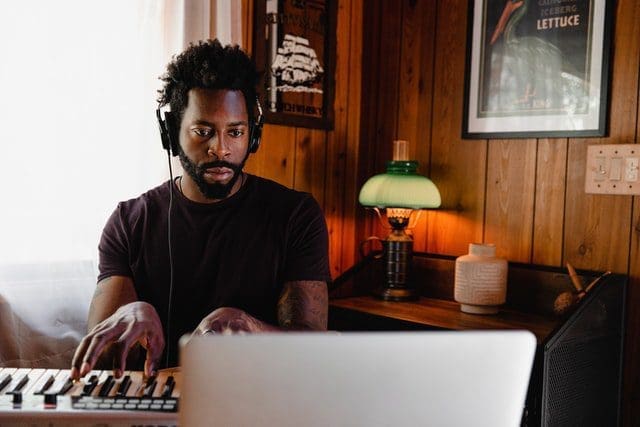
The Album Release Checklist
So, you want to release an album and need all the best advice to make sure it hits the right notes with your fans. Remember to keep plugging away at releasing those singles in the meantime, as an album takes time. You will generally release an album once you know what your audience likes and it will cement your music ability, and style in the industry amongst other artists, critics, and of course your fans. So don’t rush it, really take your time.
So what do you do now your music is mastered and ready to be released?
- Register your .com domain name
- Trademark your artist/ band name
- Create profiles for your band on social media platforms
- Register with a PRO (Performing Rights Organization
- Register with SoundExchange
- Sign up with a music digital distributor so you can collect royalties. They will also help you with the album release months ahead of time
- Launch a website
- Set up Google Analytics so you can track the traffic on your site
- Create a mailing list
- Write your bio
- Submit your release to Music Gateway
- Set up a photoshoot
- Set up direct-to-fan sales
- Create an electronic press kit (EPK)
- Finalize the album cover
- Plan your promotion strategy
Remember to connect with your fans on a deep level and this will work wonders for you in the long run. If you write songs you believe in and people can relate to, your music will be a hit, in more ways than one. Allow yourself to be vulnerable and really open up to your fans.
Final Thoughts on LP vs EP
So I hope we have answered all your questions about how to release music. In terms of what is an EP in the music industry, what are the clear differences between singles vs albums and when to release an EP?
I think whether you choose to release an EP or go down the route of releasing a full album, it will ultimately depend on your budget, your audience, and what you want to get out of releasing your music. It will be different for every artist, so you do what feels right to you. But it is advised to release an EP before an album to get people interested and it should be a true reflection of your work as an artist.





